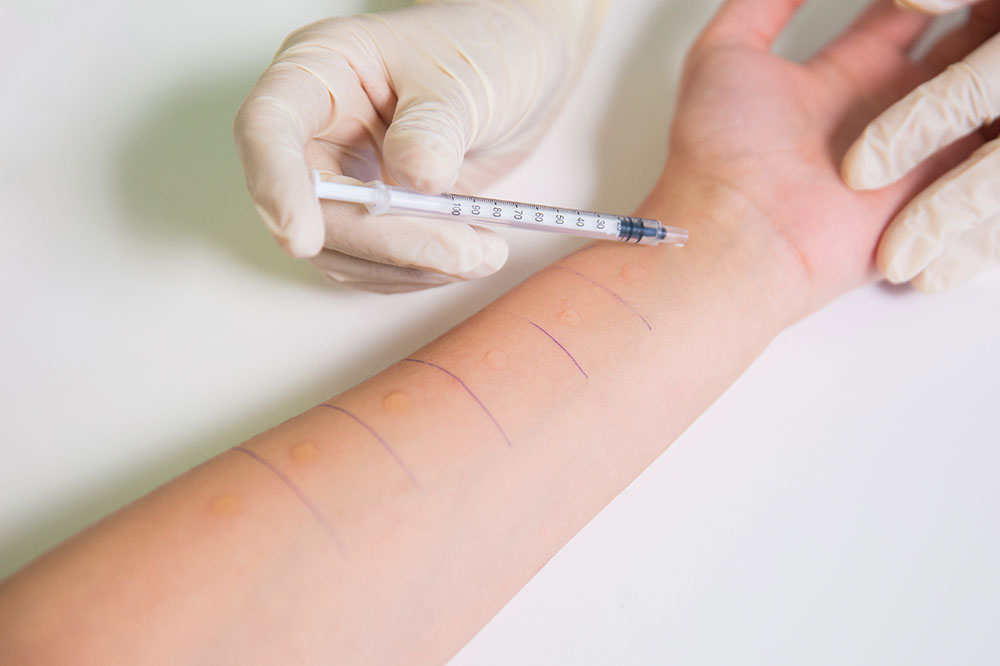5 tips to save money on a vacation

Going on a family vacation includes a lot of planning. Right from choosing the destination to carefully designing the itinerary, there are a number of things that have to be considered. Whether you’re deciding on a beach or a mountain vacation, there are many ways through which you can make the most of your time winding down. Listed below are a few simple tips to save money on your next vacation.
Book in advance
Advanced bookings come with a lot of benefits. You have a better range of options to choose from, and you get access to some of the best deals. Moreover, you’ll have a good amount of time to carefully plan your entire vacation. So it’s always advisable to research before you finalize your bookings so that you don’t have to opt for whatever is available.
Vacation off-season
Winter is one of the busiest times of the year if your vacation destination is Turks and Caicos. You will come across busy beaches and crowded hotels during this season. And end up paying a hefty price for it. Instead, opt for a vacation during May to October. Off-season bookings cost less and offer a better view. You will have fewer people to share the beautiful beach with, and the breakfast buffet line might not be long. That said, you would even be saving on flight tickets if you take an off-season Turks vacation.
Speak with an expert
Every travel destination is different and requires its own set of preparation. Seeking advice from an excursion provider ensures that you aren’t missing out on the best things on your holiday. Besides letting you in on the secrets of the place, another advantage of consulting an expert is that you can save money. They can also tell you about authentic restaurants and nearby locations that can enhance your vacation experience. You can even consult them to know the best time for your arrival and departure.
Look for special deals
If there are any special discounts or deals available, make sure you are using them to make the most of your Turks vacation. Even if they mean you get nothing more than an extra night of stay. To do this, you will have to stay updated with some official websites and third party sites that offer special discounts. One can look for veterans’ and first responders’ discounts as well.
Pack smartly
Knowing what things to pack and which ones to leave out depends on your destination. If you’re opting for a Turks vacation, a few items will be indispensable. Packing your snorkeling mask on your trip to the Turks can be helpful, as you don’t end up renting or buying one. Renting one at the beach can end up costing you more than you had anticipated. One should also pack enough sunscreen to stay protected throughout the trip. Carrying your own detergent, repellant cream, and deodorant is another way of saving money on the small things.


